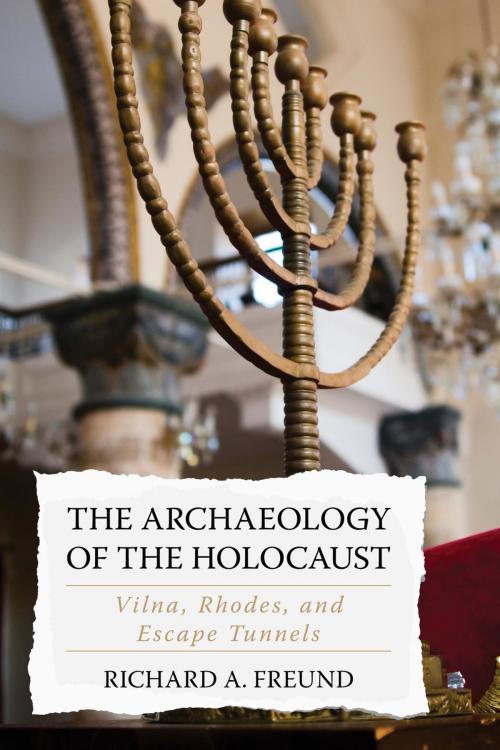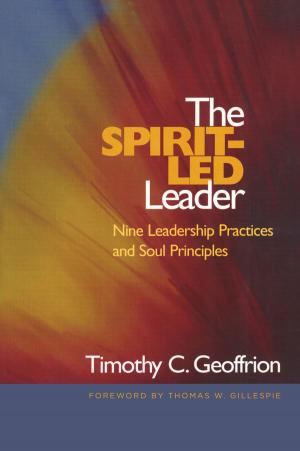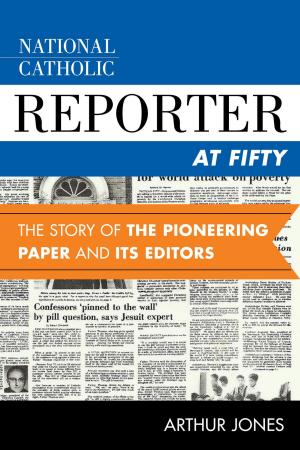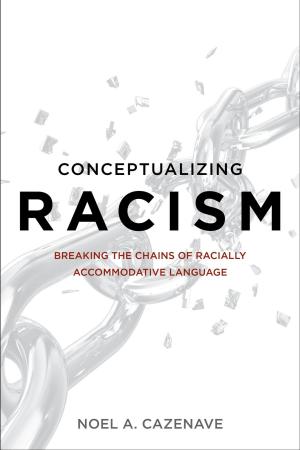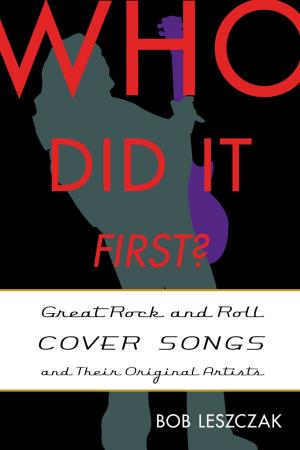The Archaeology of the Holocaust
Vilna, Rhodes, and Escape Tunnels
Nonfiction, History, Baltic States, Religion & Spirituality, Judaism, Jewish, Holocaust| Author: | Richard A. Freund | ISBN: | 9781538102671 |
| Publisher: | Rowman & Littlefield Publishers | Publication: | April 15, 2019 |
| Imprint: | Rowman & Littlefield Publishers | Language: | English |
| Author: | Richard A. Freund |
| ISBN: | 9781538102671 |
| Publisher: | Rowman & Littlefield Publishers |
| Publication: | April 15, 2019 |
| Imprint: | Rowman & Littlefield Publishers |
| Language: | English |
In the summer of 2016 acclaimed archaeologist Richard Freund and his team made news worldwide when they discovered an escape tunnel from the Ponar burial pits in Lithunia. This Holocaust site where more than 100,000 people perished is usually remembered for the terrible devastation that happened there. In the midst of this devastation, the discovery of an escape tunnel reminds us of the determination and tenacity of the people in the camp and the hope they continued to carry.
The Archaeology of the Holocaust takes readers out to the field with Freund and his multi-disciplinary research group as they uncover the evidence of the Holocaust, focusing on sites in Lithuania, Poland, and Greece in the past decade. Using forensic detective work, Freund tells the micro- and macro-histories of sites from the Holocaust as his team covers excavations and geo-physical surveys done at four sites in Poland, four sites in Rhodes, and 15 different sites in Lithuania with comparisons of some of the work done at other sites in Eastern Europe. The book contains testimonies of survivors, photographs, information about a variety of complementary geo-science techniques, and information gleaned from pin-point excavations. It serves as an introduction to the Holocaust and explains aspects of the culture lost in the Holocaust through the lens of archaeology and geo-science.
In the summer of 2016 acclaimed archaeologist Richard Freund and his team made news worldwide when they discovered an escape tunnel from the Ponar burial pits in Lithunia. This Holocaust site where more than 100,000 people perished is usually remembered for the terrible devastation that happened there. In the midst of this devastation, the discovery of an escape tunnel reminds us of the determination and tenacity of the people in the camp and the hope they continued to carry.
The Archaeology of the Holocaust takes readers out to the field with Freund and his multi-disciplinary research group as they uncover the evidence of the Holocaust, focusing on sites in Lithuania, Poland, and Greece in the past decade. Using forensic detective work, Freund tells the micro- and macro-histories of sites from the Holocaust as his team covers excavations and geo-physical surveys done at four sites in Poland, four sites in Rhodes, and 15 different sites in Lithuania with comparisons of some of the work done at other sites in Eastern Europe. The book contains testimonies of survivors, photographs, information about a variety of complementary geo-science techniques, and information gleaned from pin-point excavations. It serves as an introduction to the Holocaust and explains aspects of the culture lost in the Holocaust through the lens of archaeology and geo-science.
